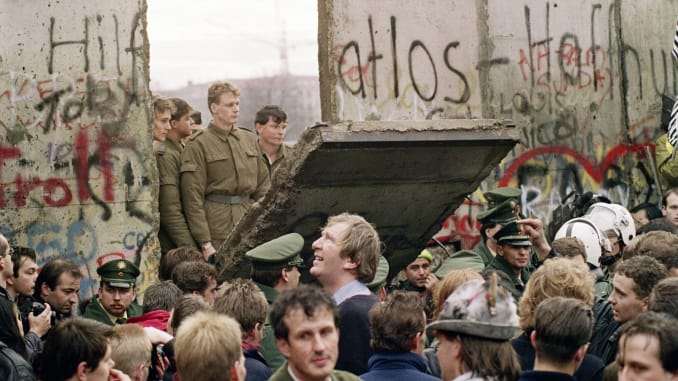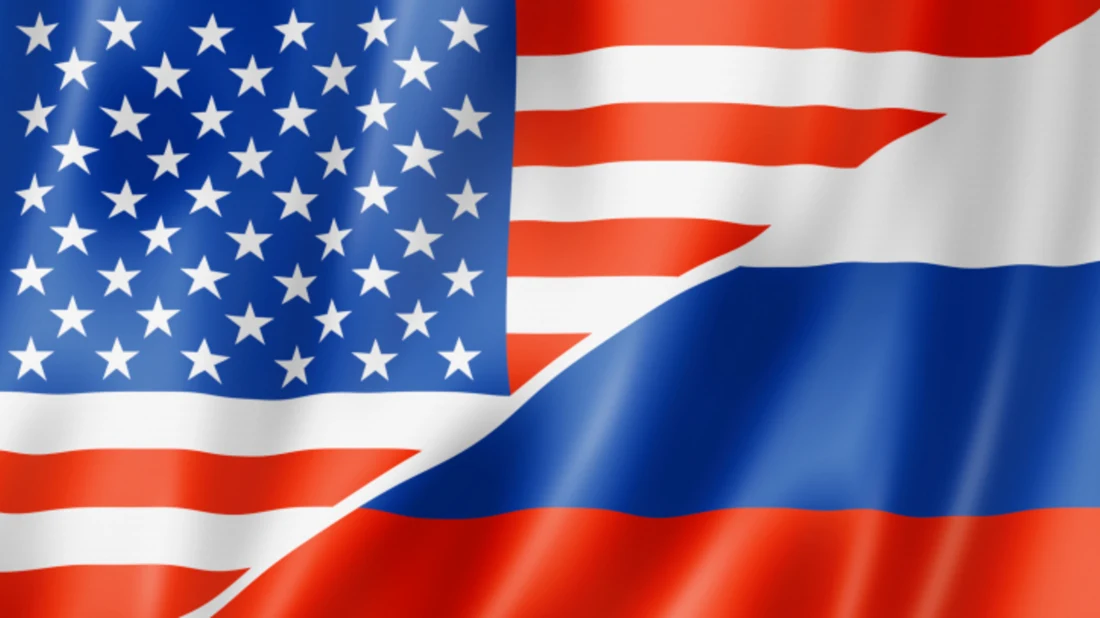“We are going to do the worst thing to you; we are going to deprive you of an enemy.”
Mikhail Gorbachev, 1989
Thirty years ago today I was in the USSR. I had been invited to start a comprehensive joint venture by a Russian I met in San Francisco on a now quaint-sounding program called, “Soviets, Meet Middle America.”
My host Andrei was touted as a leading example of perestroika, the policy of economic restructuring under Gorbachev.
I had no idea what I was in for. Obviously, the attempt to seize the historical moment and help ordinary Americans and Russians work together failed.
Instead of “the best with the best,” as my partners and I sought, we now have the worst with the worst in Putin and Trump. Despite the triumphalism that lingers to this day, the truth is that both the USSR and the US lost the Cold War.
Americans were allowed to stay with Russians in their homes only a few months before. Andrei and Vera had a spacious apartment in Moscow, and they gave me their bedroom while I was there.
The cliché at the time about the scarcity of even toilet paper was true. In a hall closet they had rolls stacked to the ceiling.
I realized I was in the hands of some powerful people. There were always two or three cars waiting for Andrei wherever we went.

When the Berlin Wall fell I felt certain that the Soviet Union would economically and politically collapse within three years.
But I also felt that United States was collapsing ethically and socially, and could benefit by helping Russians build what my partners and I called “an ecologically and ethically sound market.”
My anti-communist mother had often said, “When the Russians finally throw off the chains of communism, we Americans will be there to help them build a market and democracy.” I found myself in the right place at the right time to make the attempt.
I felt that Russians, with their untapped spiritual and intellectual resources, could help Americans arrest and reverse the inner erosion that threatened the foundations of democracy, which have become so apparent today. Ironically, the left blames Russia for the manifestation of America that is Donald Trump.
The degree of openness (glasnost) in Russia when I arrived in Moscow was startling. The first question he asked when we sat down at his kitchen table that night was: “Do we go in a political or an economic direction?”
My partners and I in Silicon Valley had debated that very question in the month before I before I left, and we decided to take an economic rather than political course.
Since Andrei was well connected to the top of the Soviet nomenklatura, he made everything I requested happen.
I asked if I could meet Gorbachev, and he said that could be arranged. To my regret, I didn’t take him up on it.
Since communism was clearly collapsing, it didn’t surprise me that Russians embraced the vision. What surprised me was the support I received from billionaires and top executives in Silicon Valley.
They weren’t ready to plunk down any money, but a number of executives and deep pockets promised that if I were able to make the right connections in Russia, they would back me on my return.
It’s hard to believe in these cynical times, but at that ‘hinge of history’ more than a few people believed there was the chance to change course after 45 years of nuclear standoff by the superpowers.
Later, during the transition to Bill Clinton’s first term, I wrote to Robert Reich, Clinton’s first Secretary of Labor, telling him of my experience and making the case for helping the Russians build a market.
He wrote back, saying they had decided to ‘go multilateral, with a focus on China, rather than Russia.’ And here we are.
Most people think history is inevitable, but it isn’t. America had enormous unrealized capital in Russia. Everywhere I went people expressed affection for Americans and interest in the American way of life.

Now ordinary Russians have no affinity for Americans, and Americans dismiss Russia as a “gas station with a nuclear option,” as Chris Matthews put it yesterday.
The core reason America and Russia remain enemies lies much deeper than their governments, or even the political dimension. It’s rooted in American arrogance and Russian pride.
We stand at another hinge of history, with not just the bipolar order but the international order collapsing.
Humankind can move in a new direction after the smoke clears, but only if ordinary human beings ignite a psychological revolution within, and pour the foundation for a true world order.
Martin LeFevre
No comments:
Post a Comment